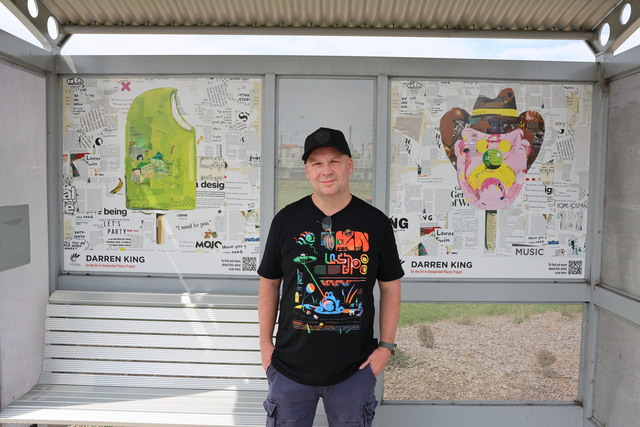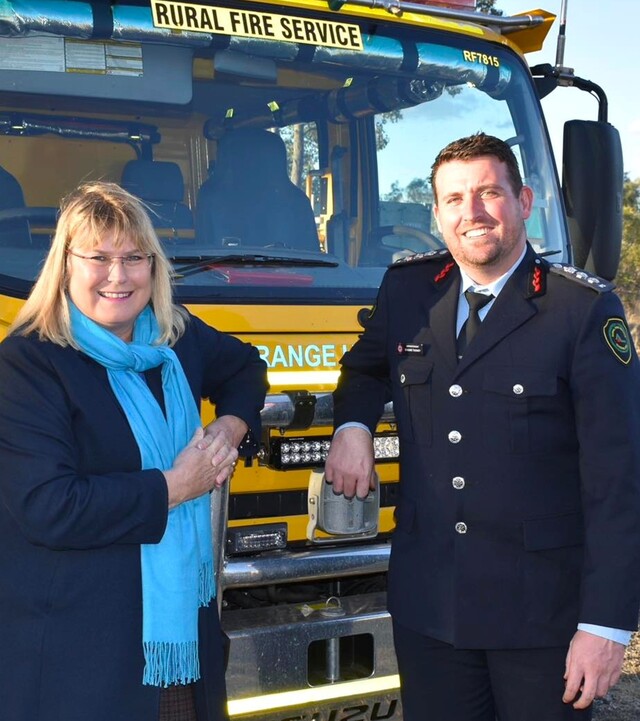The behavior and ethics of Australia’s elected politicians have been brought into question as all eyes are on New South Wales where the Independent Commission Against Corruption (ICAC) highlighted examples of poor conduct.
While the focus is generally on state level politics, local government should be aware that these events will result in greater scrutiny for everyone.
The recently announced Victorian State budget includes a $9.9 million investment into the Local Government Inspectorate over four years to investigate misconduct.
“Victorians are entitled to have confidence in their local government representatives and that the inspectorate has the appropriate powers to deal with those who break the community’s trust,” said Victorian Minister for Local Government Tim Bull.
This comes hot off the heels of the Local Government Amendment (Governance and Conduct) Bill 2014, giving the state government many more powers to address misconduct, including the ability for the minister to stand down individual councilors in the most extreme situations.
It isn’t being introduced unnecessarily; the State Government sacked The Rural City of Wangaratta’s council in September last year because of widespread bullying and intimidation.
It’s a safe assumption that those events probably prompted the introduction of many of the new powers.
However the resources are out there for council members and staff to assist in eradicating unethical behavior.
The training courses offered by Local Government associations across Australia are valuable resources for improving the structure and management of Local Government from the inside, without forcing an ombudsman into action.
The examples are too many to list here, however events like the Local Government Human Resources Conference in New South Wales hosted by Local Government New South Wales, Dealing with difficult people and difficult situations hosted by the Municipal Association of Victoria, and the Leadership and Innovation Conference hosted by the Local Government Association of Queensland provide such opportunities.
The Western Australia Local Government Association last year also held its valuable New Councillor Seminar, a free event introducing new councillors to good governance, integrated strategic planning and leadership.
From better management of human resources, the best practice use of new technologies and improving communication skills, courses for local government professionals to improve their conduct are out there.
If the opportunity exists, all people involved in local government owe it to their ratepayers to take advantage of these learning opportunities to improve themselves.
Are there enough learning opportunities offered to local government?
What courses have been most valuable to you?
LG Focus would love to hear your opinions emailed to editorial@lgfocus.com.au







